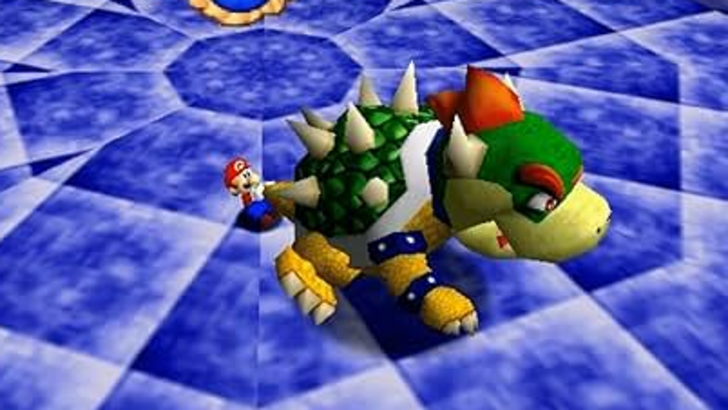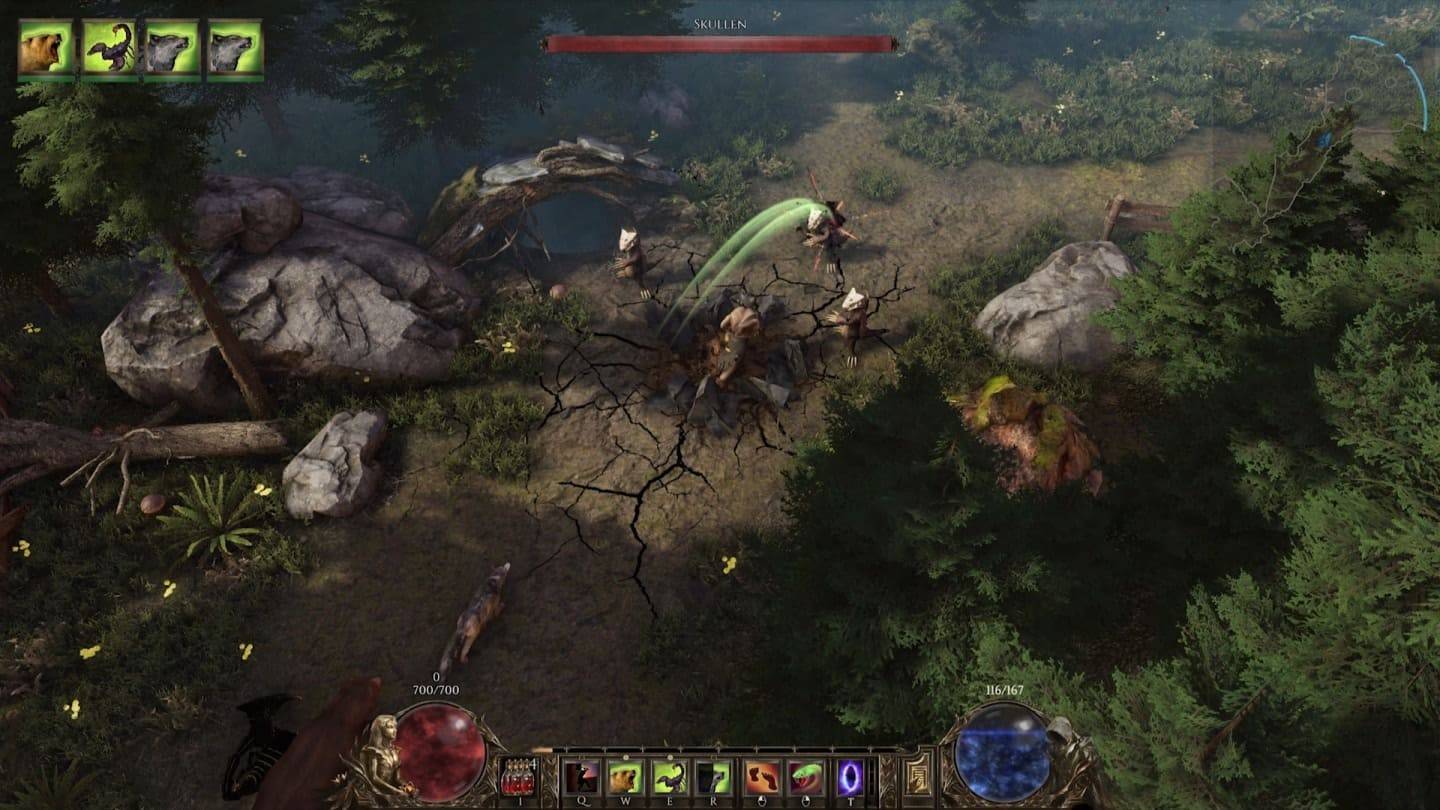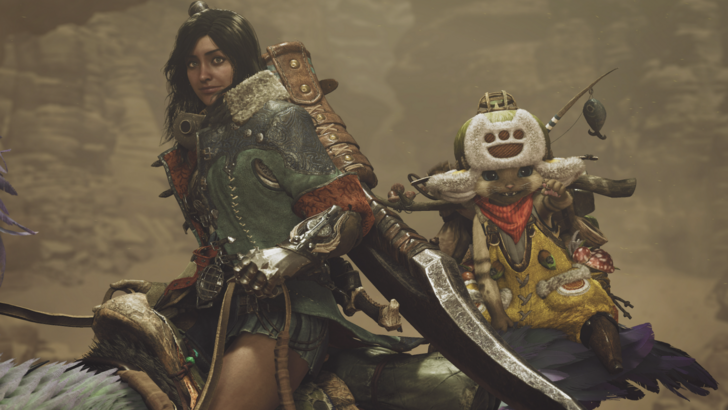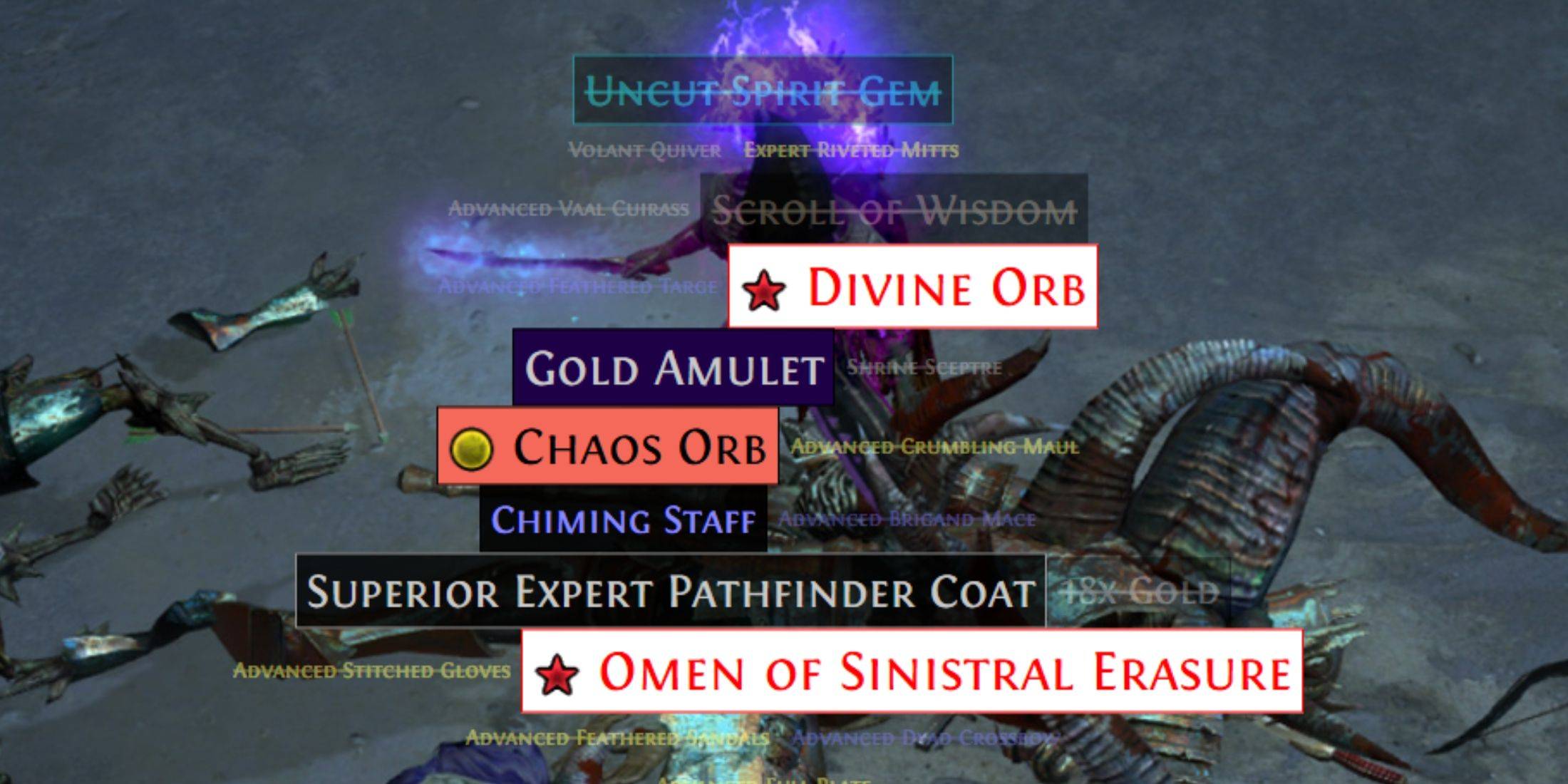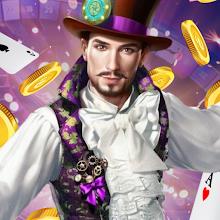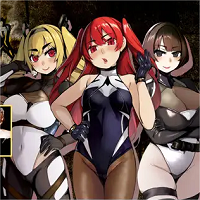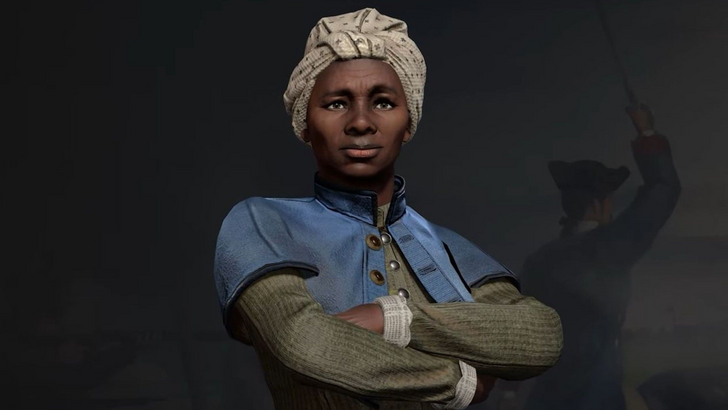
Civilization's leaders have become as iconic as the civilizations themselves, and how Firaxis selects these representatives has evolved significantly over time. Dive into this article to discover how Civilization VII's leadership roster redefines what it means to lead through the ages.
← Return to Sid Meier's Civilization VII main article
Civ VII Redefines What it Means to Be a Leader
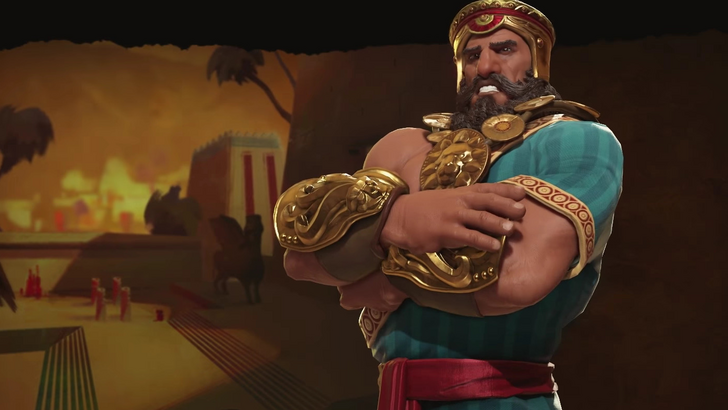
Leaders are the heartbeat of the Civilization series, integral to its identity since the very first game. Each leader embodies the essence of their civilization, playing a pivotal role in how players experience the game. Over the years, these leaders have evolved, reflecting the diversity and complexity of real-world nations. Every new installment brings fresh innovations, redefining leadership and its impact on gameplay.
Join me as we journey through the history of Civilization, examining how the leader roster has transformed with each iteration, and how Civilization VII pushes the boundaries of leadership with its distinctive lineup.
Old Civ Was a Superpowers Club Only
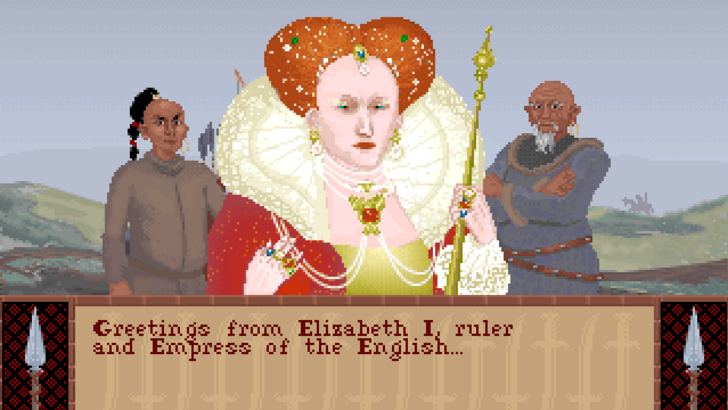
Starting with Sid Meier’s original Civilization, the game boasted a modest roster of 15 civilizations, focusing on global superpowers and historical giants. Leaders were straightforward—historical heads of state, chosen for their widespread recognition. Notable figures included Abraham Lincoln, Tokugawa Ieyasu, Mahatma Gandhi, and Julius Caesar, alongside more contentious choices like Mao Zedong and Joseph Stalin. Elizabeth I was the lone female leader, highlighting the series' initial conservative approach. This foundational method set the stage, but the series was poised for change, beginning with Civilization II.
Civs 2 Through 5 Increase Diversity and Creativity in Increments
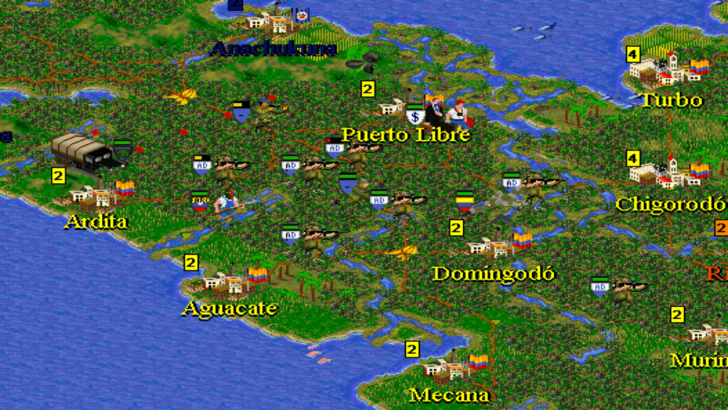
By the release of Civilization II, the roster expanded to include lesser-known civilizations like the Sioux and introduced dual-gender leader options for each civilization. The definition of a leader also broadened, encompassing figures who significantly shaped their civilization's identity, such as Sacagawea for the Sioux and Amaterasu for Japan.
Civilization III further diversified the roster by integrating more female leaders directly into the base game, with Joan of Arc and Catherine the Great replacing Napoleon and Stalin, respectively. By the time Civilization IV and V came around, the concept of leadership had grown to include revolutionaries, generals, and even consorts. Traditional leaders were often replaced or complemented by new figures, such as Wu Zetian in China and both Victoria I and Elizabeth I in England, showcasing a broader narrative of human history.
Civ 6 is When The Roster Starts to Get Spicy
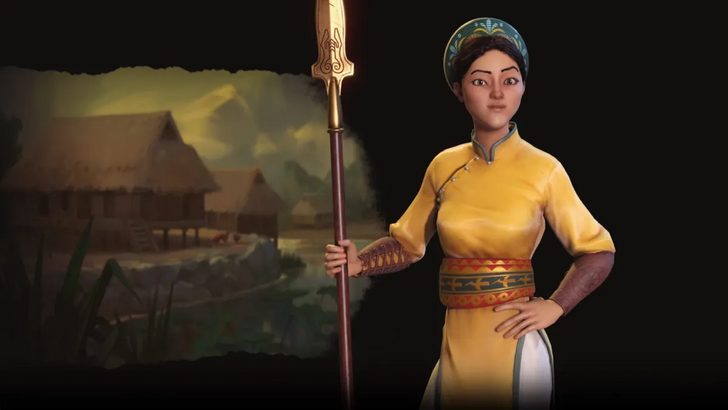
Civilization VI marked a significant leap in leader characterization and diversity, featuring animated caricatures that brought historical figures to life. The introduction of Leader Personas allowed for different versions of the same leader, highlighting various facets of their rule and offering unique playstyles. This expansion welcomed lesser-known heroes like Lautaro of the Mapuche and Bà Triệu of Vietnam, alongside new perspectives on familiar civilizations, such as Queen Gorgo of Sparta.
The concept of leaders representing different phases of their lives was pioneered with Eleanor of Aquitaine, capable of leading both France and England, and Kublai Khan, who could rule over the Mongols or China. Multiple leader options for civilizations, like Abraham Lincoln or Theodore Roosevelt for America, further enriched the gameplay experience.
Civ 7 Forgoes Series Staples for Fresh Faces and Unique Leaders
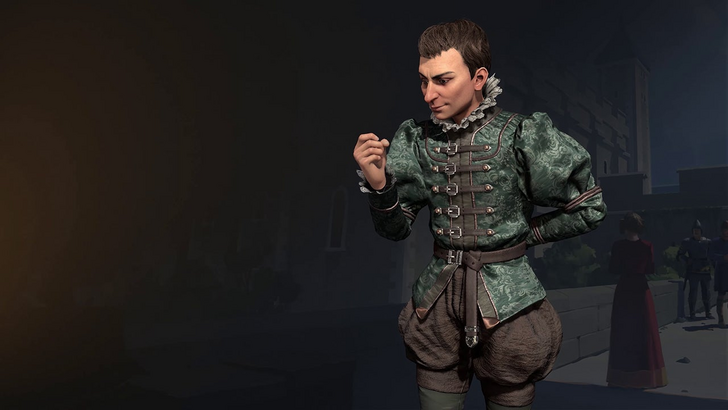
Civilization VII takes the evolution of leader selection to new heights, offering the most diverse and creative roster yet. The game's innovative mix-and-match approach allows for unconventional leaders and multiple personas, tailored to various playstyles. Harriet Tubman, the American abolitionist, exemplifies this new direction, bringing a focus on infiltration and espionage.
Other surprising additions include Niccolò Machiavelli, embodying cunning diplomacy, and José Rizal, representing the Philippines with an emphasis on narrative and cultural events. After nearly three decades, Civilization has evolved from a game about superpowers to a rich tapestry of diverse leaders, reflecting the full spectrum of human history.
← Return to Sid Meier's Civilization VII main article
Sid Meier's Civilization VII Similar Games
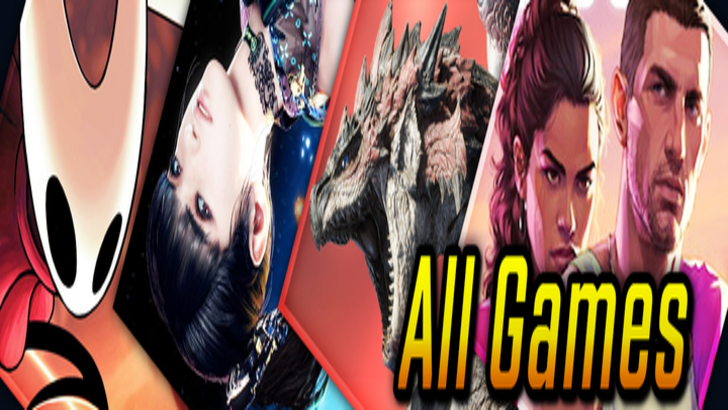

 Latest Downloads
Latest Downloads
 Downlaod
Downlaod




 Top News
Top News